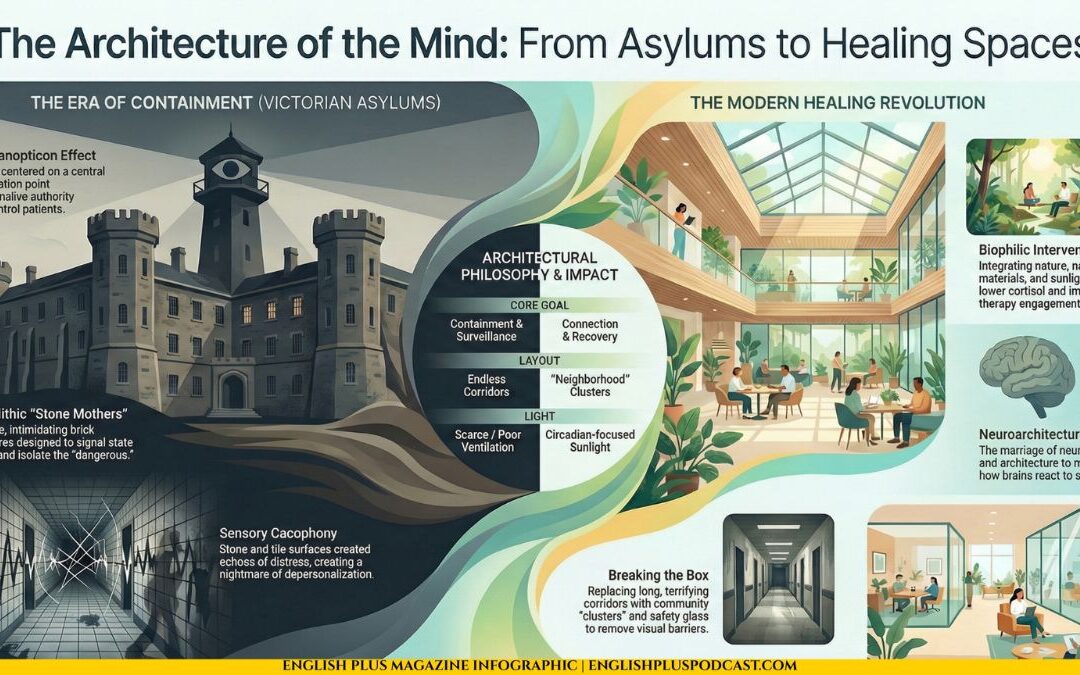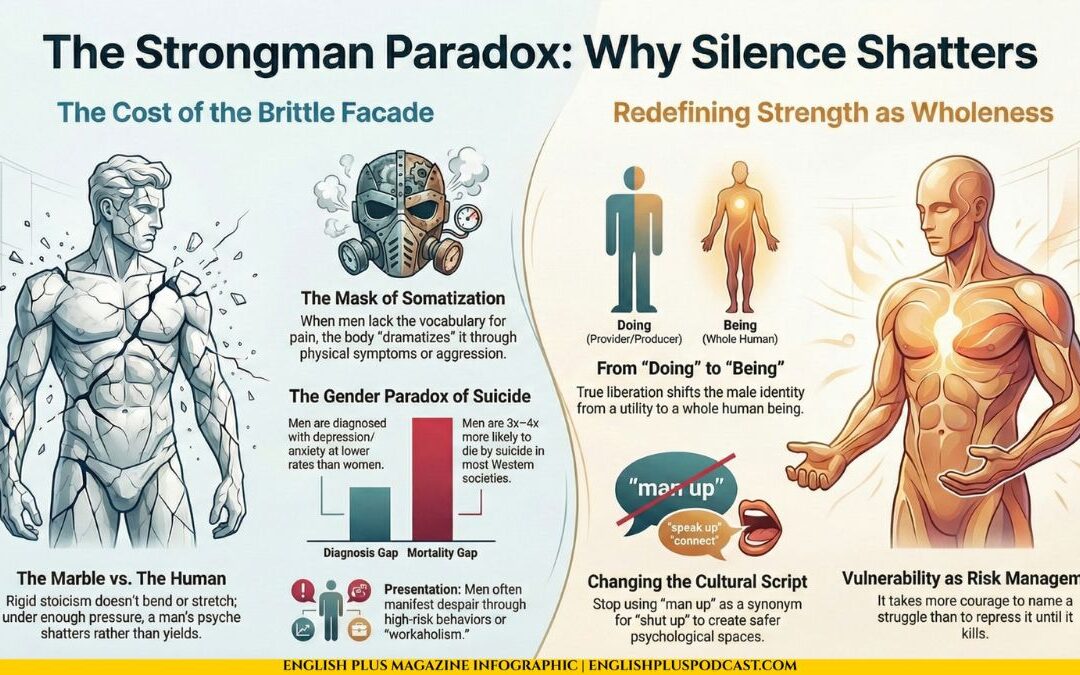Practice Worksheet
Transcript
Disclaimer
I am using an automatic transcript service as it is not possible for me to do it on my own and I cannot afford human transcription at the moment. The service claims to have about 95% accuracy, which means there will still be some mistakes, so my apologies for having a less than perfect transcript, but I hope I can afford human transcription soon and I will solve this problem. However, the service is pretty good, and the transcript is almost perfect.
Transcript
Welcome to a new episode from English plus podcast. Today, we will start a new series and that is about collocations the first episode from this series. We will talk about what co-locations are before we start talking about collocations that we use in certain topics. Or with certain verbs and nouns, let’s talk about what co-locations are and why are they so important to learn?
[00:00:32] Well, at this point, if you think that collocations are something you don’t know about, you’re probably wrong because you’ve been using them for a while. No matter what level of English you’re at. Because a co-location is a pair or group of words that are often used together. These combinations sound natural to native speakers, but students of English have to make a special effort to learn them because they’re often difficult to guess some combinations just sound wrong to native speakers of English.
[00:01:03] For example, the adjective fast. The adjective fast co-located with cars, but not with a glance. We say fast cars, fast food. Well, you think that fast has the same meaning of quick. If you look them up in a dictionary, you will see that they are synonyms, but can we say quick cars or quick food? We don’t usually say that.
[00:01:24] So here you see that the word fast co-located with cars and it co-located with food. But the word quick doesn’t co-locate with cars or food. That is the importance of co-locations because these things sound natural to native speakers, but not to English learners because logically fast and quick should work with cars.
[00:01:46] But in reality, it doesn’t. And I’ll give you an example about the opposite. We can say a quick glance and a quick meal, but we don’t say a fast glance or a fast meal. So, quit co-located with glance. Quick co-located with meal, but it doesn’t co-locate with cars or food with cars or food we use fast. But if you think about fast and quick, you know, that these words mean exactly the same learning collocations is an important part of learning the vocabulary of a language.
[00:02:16] Some collocations are fixed or very strong. For example, take a photo. Where, no word, other than take co-located with photo to give the same meaning some other co-locations are more open where several different words may be used to give a similar meaning. For example, keep to the rules or stick to the rules.
[00:02:37] Both are fine. If you say keep to the rules. It’s okay. If you say stick to the rules, it’s also, okay. So, these co-locations are not as strong as take a photo where take is the only verb, we can use with photo to give this specific meaning now to give you a taste of why co-locations are so important. Let me give you some examples.
[00:02:59] For example, we say you must make an effort and study for your exams. We say, make an effort. We don’t say do an effort. The co-location here is make an effort. We say, make an effort, not do an effort. Another example, did you watch TV last night? But we say, watch TV, not look at TV. For example. This car has a very powerful engine.
[00:03:23] It can do 200 kilometers an hour. We say about powerful engine. That is a co-location powerful engine. We don’t say strong engine when strong has exactly the same meaning of powerful. But we don’t use it with engine. We can say there are some ancient monuments nearby. We say ancient with monuments. We don’t say antique monuments.
[00:03:46] Well, if we look at these two words, antique and ancient they’re synonyms, they have the same meaning, but we can’t use antique with moments. We can use ancient. So that is the importance of co-locations and that’s why we need to learn them. And that’s why actually we started the series in English plus podcast.
[00:04:05] Sometimes a pair of words may not be absolutely wrong, and people will understand what is meant, but it may not be the natural normal co-location. For example, if someone says I did a few mistakes, they will be understood, but a fluent speaker of English would probably say I made a few mistakes, not I did now.
[00:04:26] Co-locations are also important because they can be part of compounds and idioms compounds are units of meaning formed with two or more words. Sometimes the words are written separately. Sometimes they have a hyphen and sometimes they are written as one word. Usually, the meaning of the compound can be guessed by knowing the meaning of the individual words.
[00:04:47] Some examples of compounds are car park, post office narrow-minded shoelaces, teapot. Now here we know that we have two words put together and we use them together to talk about one thing. And because it’s a compound, we can tell the meaning of the compound by telling the meaning of each of these words T and pod.
[00:05:09] Yes. I understand what it is. Shoe and lace narrow minded posts and office car park. But sometimes it’s not that easy. And. Here we have idioms, idioms are groups of words in a fixed order that have a meaning that cannot usually be guessed by knowing the meaning of the individual words. For example, pass the buck.
[00:05:30] Well, if you look at the words, pass the buck. You may not understand what that means of this is an idiot. And when we talk about an EDM, the meaning cannot usually be guessed by guessing the single meaning of the words combined together to create the city and pass the buck is an idiom meaning to pass responsibility for a problem.
[00:05:50] To another person to avoid dealing with it yourself. So, you see collocations can be part of compounds and ATM’s as well. And now we come to the last important thing. And the last important question for this episode, why do we need to learn collocations? Well, I will give you three good reasons. Why you should consider learning collocations the first reason is that they can give you the most natural way to say something.
[00:06:19] For example, smoking is strictly forbidden is more natural than smoking is strongly forbidden. You can say smoking is strongly forbidden, but that is not so natural. And whoever listening to you will know that there is something that’s not so natural. Usually, the natural way of saying it is strictly forbidden.
[00:06:39] So when you learn co-location, you will learn the most natural way to say things. The second reason, collocations give you alternative ways of saying something which may be more colorful or expressive, or even more precise. For example, instead of repeating, it was very cold and very dark. You use very, for every single adjective you use, when you want to exaggerate the adjective, we can say it was bitterly cold.
[00:07:08] And pitch dark. So, you see it’s a different way. It’s an alternative way, more colorful, more expressive, and that can be very useful for writing. Now, if you listen again to these two sentences, which one do you think is more colorful and expressive? It was very cold and very dark, or it was bitterly cold and pitch dark.
[00:07:28] Well, obviously the second one is a lot better, so that was our second reason. I hope you’re convinced by now that you should learn collocations, but I will give you one more reason and that is collocations improve your style in writing. Instead of saying, for example, poverty causes crime, you can say poverty breeds crime.
[00:07:49] Instead of saying a big meal, you can say a substantial meal. You may not need or want to use these in informal conversations, but in writing, they can give your text more variety and make it read better. So, I hope you understand, by now the importance of using collocations and the importance of learning collocations, and that’s what we’re going to do in this series.
[00:08:12] Remember, you can find the transcript of this episode in the link. I will leave in the description and if you want to make the best of English plus podcast, you can become a patron of our show on Patrion and get the worksheets or every single episode that we add every day. You will get all the PDF worksheets with their answer keys.
[00:08:31] All you need to do is to become our patron on Patrion. This is Danny your host saying thank you very much for listening to another episode from English plus podcast. I will see you next time.










0 Comments